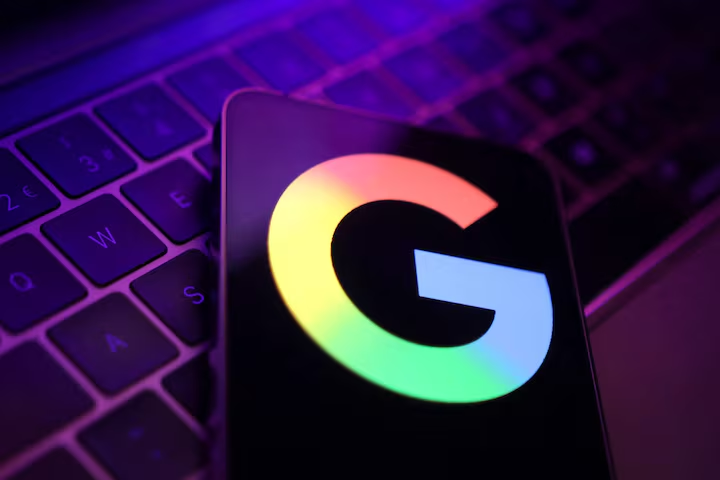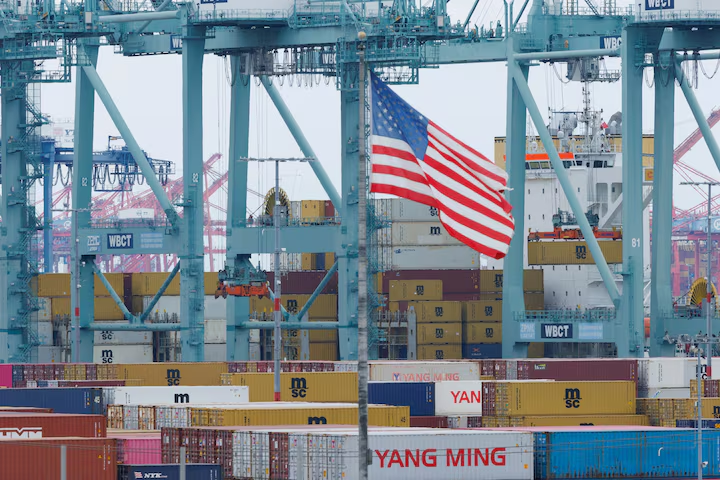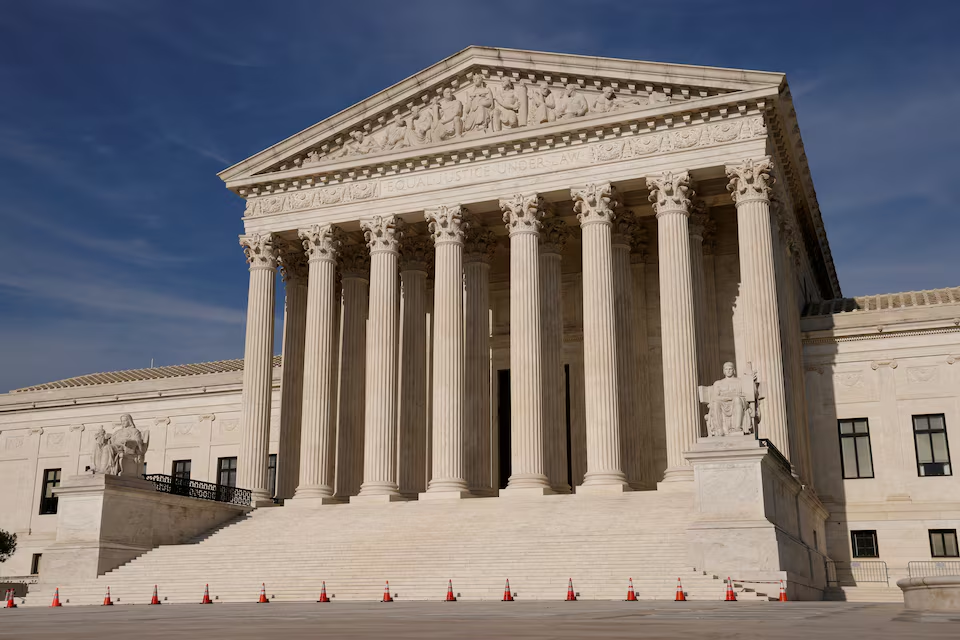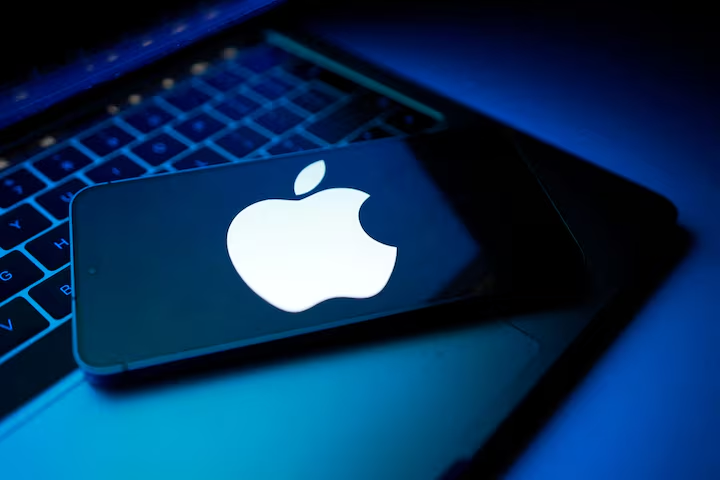Google returned to court this week in an effort to prevent a major financial penalty and new restrictions on how it handles user data. The company argued that the latest request from consumers does not match the facts of the case and ignores a jury’s recent ruling.
A lawsuit that could reshape the debate on digital privacy
In a filing submitted in San Francisco, Google asked Judge Richard Seeborg to reject the demand for more than $2.3 billion in profit disgorgement. The company said the jury had already examined the issue and decided that this type of penalty was not justified. Google warned that the proposed limits on data collection would disrupt an analytics service used by millions of app developers who rely on it to operate their businesses.
The dispute focuses on claims that Google continued to gather app-activity data even after users disabled a tracking setting on their accounts. The jury found that the company collected information without clear notice. However, it also concluded that Google did not violate California’s computer fraud law and awarded $425 million in damages instead of the $31 billion the plaintiffs wanted.
Consumer attorneys insist that the award is too small. They argue that it does not address what they call ongoing harm caused by Google’s practices. Last month, they said their request for $2.36 billion was a “conservative approximation” of the profits they believe Google gained through the disputed behavior.
Google rejected that argument. The company said it acted within the law, updated its disclosures, and gave users tools to manage their data. It plans to appeal the jury verdict. Google added that blocking account-related data collection would harm developers and users who depend on accurate analytics.
The case, Anibal Rodriguez et al. v. Google LLC (No. 3:20-cv-04688-RS), includes well-known law firms on both sides, such as Boies Schiller Flexner, Susman Godfrey, Morgan & Morgan, and Cooley. Judge Seeborg will decide whether additional financial penalties are legally allowed and whether they are needed in light of the jury’s findings.
His ruling will influence how far courts can go when regulating data collection in the tech industry. The outcome may also shape future privacy disputes as more consumers question how major companies handle sensitive information.








